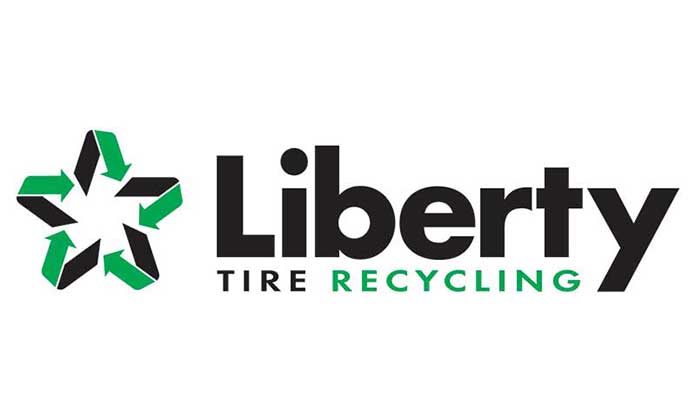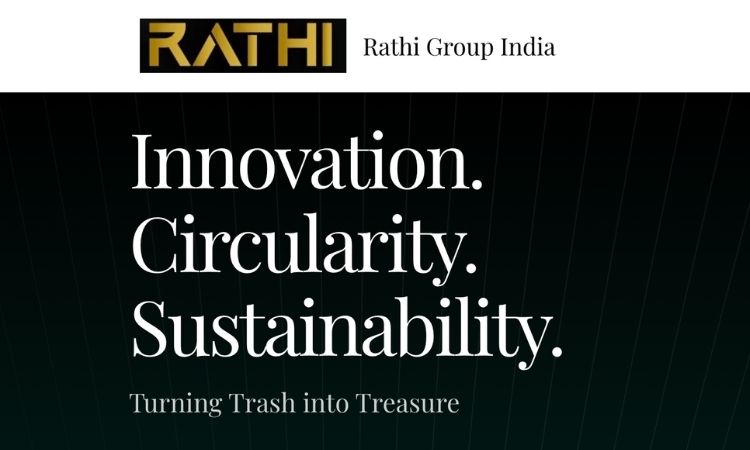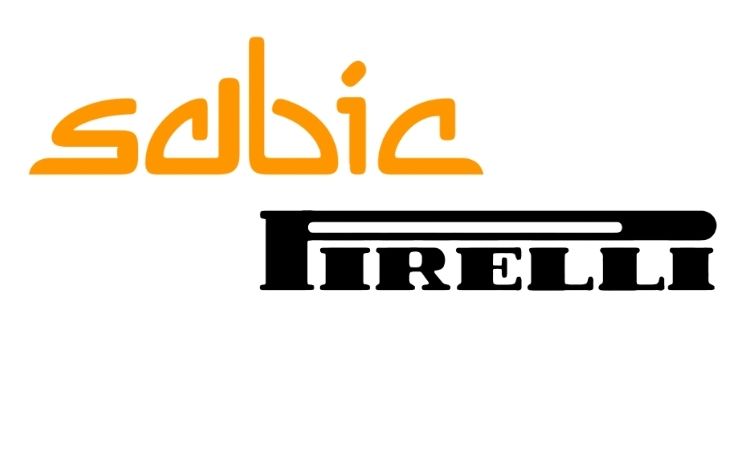California urges tire manufacturers to remove zinc from tires
The California Department of Toxic Substances Control (DTSC) reported in January 2021 about putting tire manufacturers on notice that California wants them to explore alternatives to using zinc, a toxic chemical that harms aquatic life and burdens waterways.
Zinc helps make rubber stronger, but also wears off tire tread and washes into storm drains, streams, rivers and lakes, threatening California fish and other aquatic organisms. DTSC, the State’s department missioned to work toward safer California households, workplaces, and products, intends to use its innovative Safer Consumer Products (SCP) program to work with tire manufactirers to look for an alternative to this harmful chemical. The SCP program seeks to remove toxic chemicals from products before they’re sold to consumers. This is more efficient and effective than issuing bans later, and, in this case, helps stormwater agencies cost-effectively meet state and federal water-quality requirements.
In addition, removing zinc from tires should improve recyclability and end-use of recycled tire rubber. Currently, new recycled tire rubber markets need to boost usability of material and support circular economy efforts.
“Zinc is toxic to aquatic life and has been detected at high levels in many waterways,” said DTSC Director Meredith Williams. “Stormwater agencies make a compelling case for studying ways to control that. The Safer Consumer Products process compels manufacturers to identify alternatives that would control this pollution at the source.”
The Safer Consumer Products program has worked to remove flame retardants in children’s sleeping products, methylene chloride in paint strippers, chemicals in certain types of spray foam insulation systems, and is currently evaluating a wide variety of other hazardous chemicals to reduce exposure to human health and environment.
In this case, the California Stormwater Quality Association (CASQA) petitioned DTSC to use the Safer Consumer Products program as a vehicle for reducing the amount of zinc getting into waterways.
The association cited several studies in its 68-page petition, including findings by the State Water Board that zinc frequently exceeds water-quality standards in water bodies. The petition also states that even low concentrations of zinc are potentially harmful to aquatic life and asserts that reducing or eliminating zinc in tires is the most cost-effective way of reducing zinc in stormwater.
DTSC will now start preparing a technical document for release in the spring and will solicit input from industry and the public prior to initiating rulemaking. If DTSC chooses to regulate zinc in tires, manufacturers will have to conduct an Alternatives Analysis to determine if there is a substitute that is safe for the environment and public health while still meeting performance and safety requirements.
DTSC’s announcement follows the release of a study by University of Washington and Washington State University researchers that shows a link between Coho salmon deaths and a chemical (6PPD) used to prevent the breakdown of tires. Further research on the adverse impacts of 6PPD will be explored as part of DTSC’s engagement with tire manufacturers for this project.
Press release by DTSC.
Weibold is an international consulting company specializing exclusively in end-of-life tire recycling and pyrolysis. Since 1999, we have helped companies grow and build profitable businesses.









